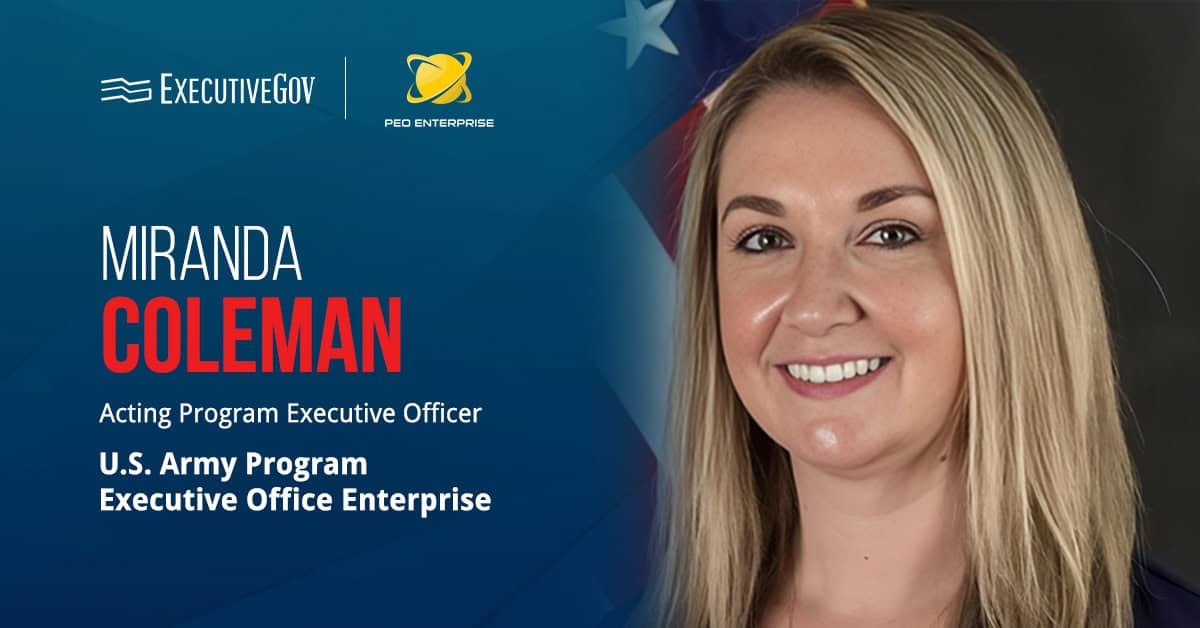Reid Wiseman, a NASA astronaut, will succeed Pat Forrester to lead the space agency's Astronaut Office. Wiseman will help NASA oversee resources and operations at the Astronaut Office that operates from Johnson Space Center, the space agency said Friday.
His new responsibility also includes the development of concepts and assignments for astronaut missions. The former U.S. Navy captain went to space in 2014 for astronaut work at the International Space Station, having supported preparations for NASA commercial crew missions.
“Reid’s energy and enthusiasm for space exploration are matched only by his thoughtfulness and commitment to his fellow astronauts,” said Steve Koerner, director of flight operations at NASA.
He also contributed leadership work to the Astronaut Office as deputy chief astronaut and other various roles.





